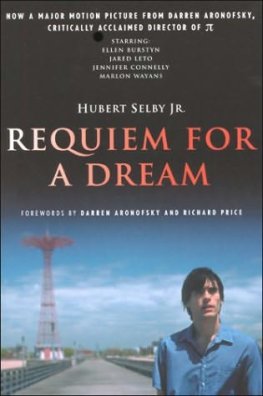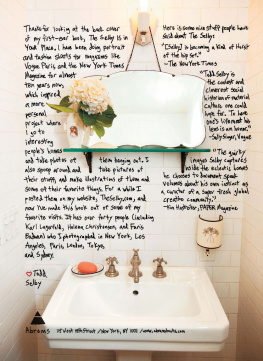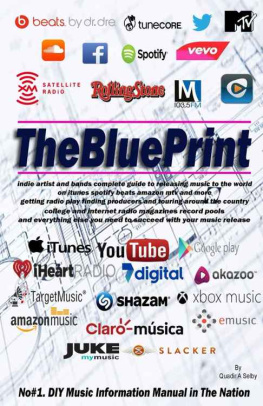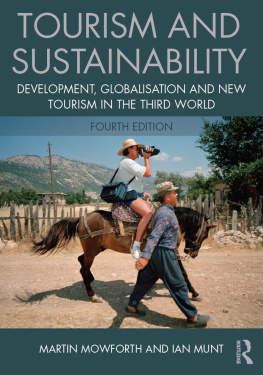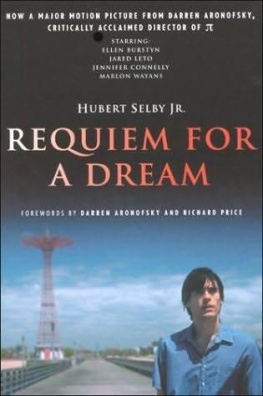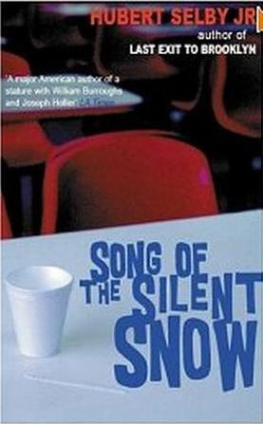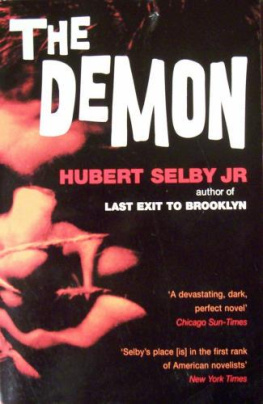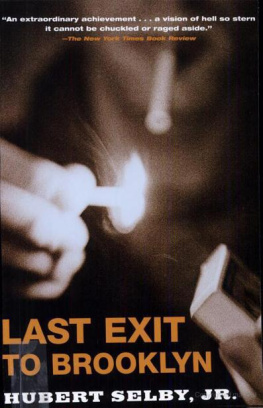Understanding Urban Tourism
Tourism, Retailing and Consumption series
Edited by:
Professor Gareth Shaw, University of Exeter
Dr Dimitri Ioannides, Southwest Missouri State University
Consumption has become an important theme in geography and the social sciences and within this broad debate two key areas of concern are tourism and retailing. To date there is no series that brings together these closely related topics under a unifying perspective. Tourism, Retailing and Consumption will provide such a perspective.
The series will provide core texts for students of geography and related disciplines at first degree level. It will be wide-ranging in scope and cover both historical and contemporary debates in tourism, retailing and consumption. A number of more specialised texts suited to postgraduate study will also be included.
Also in the series:
Tourism in Transition:
Economic Change in Central Europe
Allan M. Williams and Aladimir Balaz
Tourism in the New South Africa:
Conflict, Community and Development
Garth Allen and Frank Brennan

Published in 2004 by I.B.Tauris & Co Ltd
6 Salem Road, London W2 4BU
175 Fifth Avenue, New York NY 10010
www.ibtauris.com
In the United States and Canada distributed by Palgrave Macmillan a division of St. Martins Press
175 Fifth Avenue, New York NY 10010
Copyright Martin Selby, 2004
The right of Martin Selby to be identified as the author of this work has been asserted by him in accordance with the Copyright, Designs and Patents Act 1988.
All rights reserved. Except for brief quotations in a review, this book, or any part thereof, may not be reproduced, stored in or introduced into a retrieval system, or transmitted, in any form or by any means, electronic, mechanical, photocopying, recording or otherwise, without the prior written permission of the publisher.
ISBN hardback 1 86064 800 2
paperback 1 86064 801 0
A full CIP record for this book is available from the British Library
A full CIP record for this book is available from the Library of Congress
Library of Congress catalog card: available
Typeset in Bodoni by Dexter Haven Associates Ltd, London
Dedicated to my Dad
John Sylvester Selby
Contents
Tables, Figures and Illustrations
Figures
The process through which individuals perceive the urban environment
Destination image and consumer decision-making
Jakobsons model of linguistic communication
Circuit of culture framework
Culture and experience of urban tourism
Social and cultural urban tourism research
Tables
Service quality in urban tourism
Methodologies used by destination image researchers
Illustrations
Liverpool: safe city
Liverpools waterfront
Sydney Opera House
Vancouver: glamorising capitalism through spectacle?
Mersey River Festival: celebrating or exploiting maritime history?
Glasgows Miles Better campaign, Glasgow, Scotland
Tourism as a social phenomenon (Chinese Festival, New York)
Performativity of urban tourism in Sydney
The hyperreal Las Vegas landscape
Us in Sydney!: exploring urban tourism through tourists photographs
The more public side of Shanghai
Rome: past lives inscribed on the tourist destination
Hong Kong: now within the attainable reach of Western European tourists
Preface
To me at least, urban tourism is a fascinating phenomenon. It is possible to sense its significance to everyday life from peoples frequent conversations about visiting towns and cities. Whilst people seek the unique in places, urban tourism is increasingly part of the culture of contemporary life. Academic interest in urban tourism has also developed rapidly in recent years. In terms of tourism in general, new degree courses are springing up around the world, new journals are emerging, and the field is maturing. Understanding urban tourism as a student or researcher, however, is surprisingly challenging. This is partly due to the nature of urban tourism itself, with its complex and fragmented industry, and inherent dichotomies such as supply and demand, inside and outside, images and experiences. In many ways, urban tourism polarises academic disciplines, revealing the weaknesses, and producing divergent explanations.
Having researched and taught urban tourism in various British universities over recent years, I feel rather sorry for students of urban tourism. I have often reflected on the fact that I have worked with a fantastic but very diverse collection of colleagues. They have included management specialists, planners, marketers, food specialists, microbiologists, lawyers, accountants, geographers, psychologists, sociologists, and even a marine biologist. Tourism education and research is multi-disciplinary, and most university departments, not unlike in industry, consist of a team with different specialisms. This, in effect, means that the student of tourism needs to master a whole range of disciplines and skills, making tourism rather more challenging as an area of study than it is given credit for. Having taught urban tourism to students on both tourism and geography degrees, it is noticeable that the two tend to have different ways of looking at urban tourism. Whilst geography students are fairly familiar with social science issues and debates, they have rarely applied them to urban tourism. Whilst tourism students have a sound knowledge of tourism, they have rarely explored urban tourism from social science perspectives.
The urban tourism literature, however, contributes to these difficulties, as it does not fully reflect the multi-disciplinary nature of the field. Influential authors such as Law (1993, 2002), Page (1995), Page and Hall (2003), Ashworth and Voogd (1990), Pearce (2001) have provided a thorough understanding of management, marketing, planning, visitor management and service quality in urban tourism. Contributions from contemporary social science, however, have been minimal. Human geographers and sociologists, for example, have had a relatively minor influence on how we understand urban tourism. There are some impressive and sensitive studies, but they tend to be scattered amongst different areas of the literature, and fairly inaccessible to the urban tourism student or researcher. On the rare occasions that social science has been explicitly applied to urban tourism, it tends to be of a fairly retrospective and quantitative variety. This is despite a profound transformation of the social sciences in the last decade, known as the cultural turn. This provides new ways of looking at phenomena such as urban tourism, and it also questions the validity of any knowledge produced by researchers.
This book, therefore, is intended to address this lack of a contemporary social science understanding of urban tourism, through an emphasis on image, culture and experience. The chapters generally present a review of studies adopting a particular perspective, a discussion of the concepts in more detail, an evaluation of the limitations of the perspective, and suggestions for possible solutions. Whilst different epistemologies are in evidence in each chapter, the emphasis in on themes and fields of the literature, and these may not have such neat boundaries. A synthesis of the perspectives is also presented, and this is intended to draw the diverse range of concepts and methods together.



